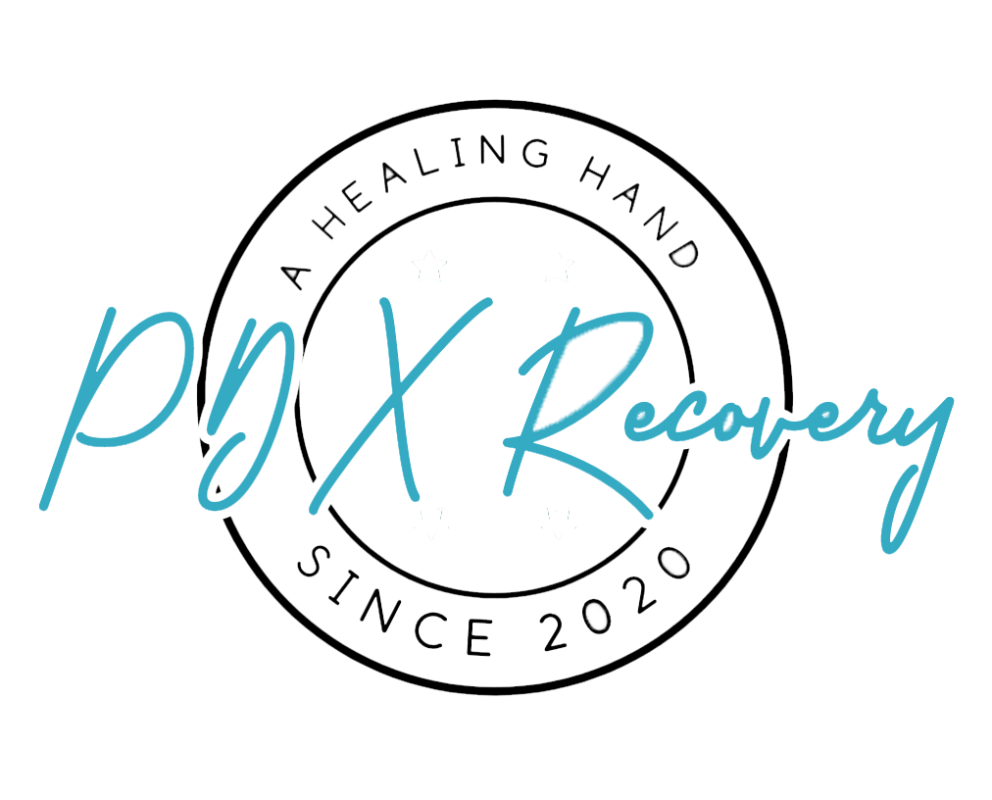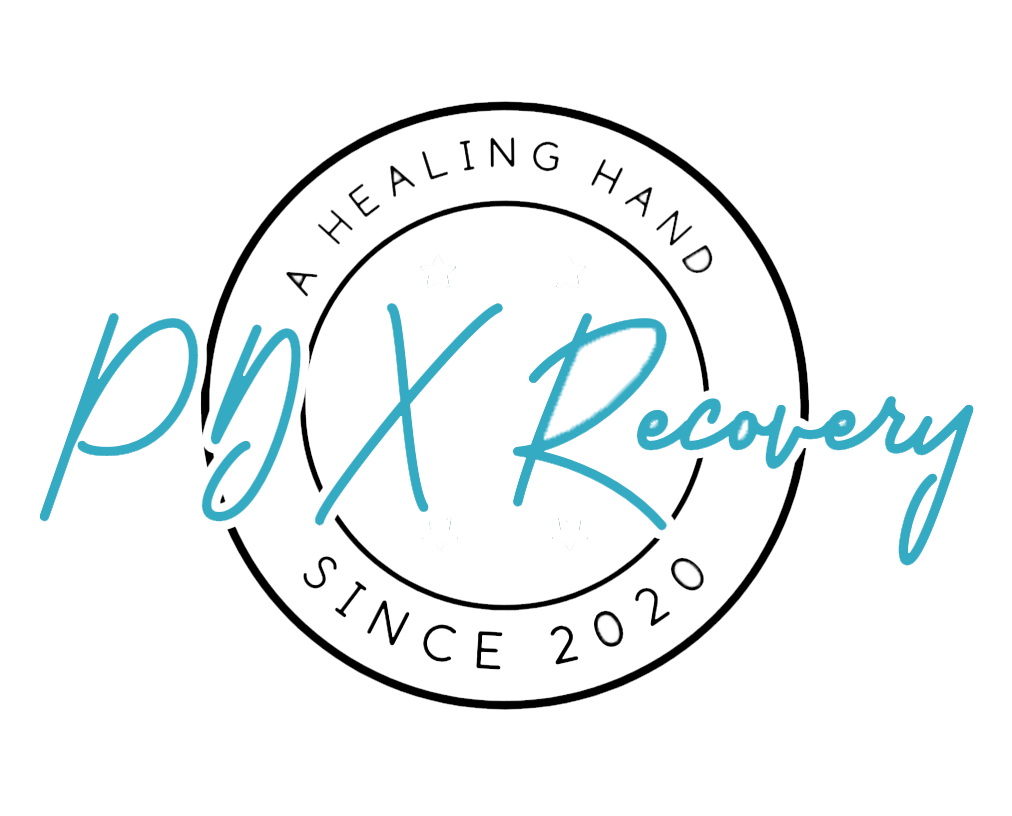Transitioning from a structured rehab environment back to daily life can be a daunting experience. At PDX Recovery, we understand the challenges and triumphs that come with completing a treatment program at Portland drug rehabs. One of the most significant factors in maintaining long-term sobriety is the environment you return to. A supportive home environment can be a powerful ally in your journey to a healthy, fulfilling life.
The Importance of a Supportive Home Environment
After completing a program at Portland drug rehabs, the return home marks a new chapter in recovery. However, it’s essential to remember that the journey doesn’t end when you leave the facility. The home environment can either support or hinder your ongoing recovery efforts. Let’s dive into some practical steps to create a nurturing space that encourages sobriety and personal growth.
1. Open Communication and Emotional Support
Clear and open communication is the cornerstone of any supportive home environment. Whether you’re living with family, roommates, or a partner, it’s crucial to establish a dialogue about your needs and boundaries.
- Honest Conversations: Encourage open and honest conversations about your personal experiences, emotional triggers, and the specific support you need from those around you. Sharing your thoughts and feelings fosters a deeper understanding, allowing others to gain insight into your situation. When people are aware of your challenges, they can offer more targeted and compassionate support, which can be instrumental in your journey.
- Set Boundaries: It’s crucial to clearly define what is and isn’t acceptable in your home environment. Establishing boundaries not only protects your well-being but also sets the tone for relationships within your household. For instance, requesting that your living space be alcohol and drug-free is a reasonable and essential boundary to set. Communicating these boundaries openly can help create a safe and supportive atmosphere for everyone involved.
- Emotional Check-ins: Regular emotional check-ins with loved ones are vital for maintaining strong connections and ensuring that everyone feels heard and valued. These check-ins can take place in various forms, whether through casual conversations over coffee or more structured discussions during family gatherings. By actively engaging in these practices, you help everyone stay attuned to each other’s feelings and challenges. This not only promotes a sense of togetherness but also reinforces the support network that is crucial for emotional well-being.
2. Establishing a Routine
Structure and routine can be incredibly beneficial for those in recovery. After the regimented schedule of Portland drug rehabs, creating a daily routine at home can provide stability and a sense of purpose.
- Daily Schedules: Set up a daily schedule that includes time for work, hobbies, exercise, and self-care. This can help you stay productive and focused.
- Healthy Habits: Incorporate healthy habits into your routine, such as regular exercise, balanced meals, and sufficient sleep. These habits not only support physical health but also enhance mental well-being.
- Mindfulness Practices: Include mindfulness practices like meditation or yoga to help manage stress and maintain emotional balance.
3. Creating a Safe and Trigger-Free Space
Your physical environment plays a significant role in your recovery journey. A safe, trigger-free space can reduce the risk of relapse and make your home a sanctuary.
- Remove Triggers: Identify and remove any items that could trigger cravings or negative emotions. This might include substances, certain types of media, or even particular scents that are reminders of past use.
- Comfortable Spaces: Create comfortable and relaxing spaces where you can unwind. This could be a cozy reading nook, a peaceful garden area, or a dedicated space for meditation or art.
- Positive Reinforcement: Decorate your space with positive affirmations, photos of loved ones, or inspirational quotes to uplift your spirits and keep you motivated.
4. Engaging with Support Networks
Building a supportive network outside of the home is just as important as creating a nurturing environment inside it. Engaging with support groups and staying connected to your recovery community can provide additional layers of support.
- Support Groups: Regularly attending support groups, whether they are 12-step meetings, therapy sessions, or other recovery-oriented gatherings, can significantly help you stay on track. These groups provide a safe space to share your experiences and challenges, gain insights from others on similar journeys, and reinforce your commitment to sobriety. Engaging with others who understand your struggles can foster a sense of belonging and accountability.
- Stay Connected with Peers: Maintaining connections with peers from Portland drug rehabs is crucial for your ongoing recovery. These individuals have walked similar paths and can offer invaluable support and encouragement during tough times. Regular check-ins, whether through calls, messages, or in-person meetings, can help you share your progress and challenges, while also reminding you that you are not alone in this journey.
- Family Involvement: Encouraging family involvement in your recovery process can create a strong support network. Family therapy sessions can be particularly beneficial, as they provide a platform to address any lingering issues, improve communication, and strengthen relationships. Involving your family not only helps in healing wounds but also ensures that your loved ones understand your journey, making it easier for them to support you effectively.
5. Educating and Involving Loved Ones
Recovery is a collective journey, and educating your loved ones about addiction and recovery can foster a more understanding and supportive environment.
- Educational Resources: Provide your family with educational resources about addiction and recovery. This knowledge can help them understand your experience better and offer more effective support.
- Involve Loved Ones: Encourage your loved ones to participate in family therapy or support groups designed for families of those in recovery, such as those offered by Portland drug rehabs. This can help them process their own feelings and learn how to best support you.
- Celebrate Milestones: Celebrate your recovery milestones together. This not only reinforces your progress but also strengthens your bond with those supporting you.
6. Setting Realistic Goals and Celebrating Progress
Goal setting is a powerful tool for recovery. Setting realistic, achievable goals can provide direction and motivation. It’s essential to celebrate the progress you make along the way.
- Short-Term and Long-Term Goals: Break down your recovery journey into short-term and long-term goals. This could range from maintaining daily routines to long-term career aspirations or educational pursuits.
- Celebrate Small Wins: Acknowledge and celebrate even the small victories. Whether it’s a day without cravings or successfully navigating a challenging situation, each win is a step forward.
- Keep a Journal: Keeping a journal can help track your progress and reflect on your journey. Writing down your thoughts, struggles, and achievements can be therapeutic and insightful.

7. Nutrition and Physical Well-being
Maintaining physical health is a crucial component of recovery. Proper nutrition and regular exercise can significantly improve your mental and physical well-being.
- Balanced Diet: A balanced diet rich in essential nutrients supports overall health. Consider consulting a nutritionist to develop a meal plan that suits your needs.
- Regular Exercise: Physical activity releases endorphins, which can help improve mood and reduce stress. Find an activity you enjoy, whether it’s running, yoga, or even a daily walk.
- Mind-Body Connection: Practices like yoga or tai chi can help strengthen the mind-body connection, promoting holistic well-being.
8. Managing Stress and Emotional Health
Stress management is vital in recovery. Developing healthy coping mechanisms for stress and emotions can prevent relapse and support overall well-being.
- Coping Strategies: It’s essential to identify and incorporate healthy coping strategies into your daily routine. Techniques like deep breathing exercises can help calm the nervous system, while meditation promotes a sense of inner peace and clarity. Engaging in creative outlets, such as painting, drawing, or playing music, can provide a therapeutic escape and allow for self-expression, helping you process emotions more effectively.
- Therapy and Counseling: Regular sessions with a qualified therapist can be invaluable for navigating complex emotions and addressing mental health challenges. A therapist can help you explore your feelings in a safe environment, offering guidance tailored to your unique situation. Cognitive-behavioral therapy (CBT) and other therapeutic approaches are particularly effective in providing practical tools to reframe negative thought patterns and develop healthier coping mechanisms. For those seeking support, Portland drug rehabs can offer access to professional therapy services.
- Mindfulness and Relaxation: Practicing mindfulness techniques encourages you to stay present in the moment, which can significantly help in managing anxiety and stress. Techniques such as mindful breathing, body scanning, or mindful walking can ground you in the here and now. Additionally, relaxation practices like guided imagery or progressive muscle relaxation promote physical and mental relaxation, reducing tension and enhancing overall well-being. These practices not only help alleviate immediate stress but also cultivate a greater sense of calm over time.
9. Building a Positive Social Network
The people you surround yourself with play a critical role in your recovery journey. Building a positive social network can provide support, encouragement, and accountability.
- Seek Out Supportive Friends: Look for friends who support your sobriety and encourage healthy choices. These relationships can be a source of strength and comfort.
- Join Community Activities: Engaging in community activities or clubs can help you make new friends and build a sense of belonging. This can be anything from sports teams to book clubs or volunteering opportunities.
- Avoid Toxic Relationships: Recognize and distance yourself from relationships that may be detrimental to your recovery. This can be challenging but is crucial for your well-being.
10. Fostering Personal Growth and Self-Discovery
Recovery is an opportunity for personal growth and self-discovery. Embracing new hobbies, learning, and self-care practices can enrich your life and support your sobriety, especially when seeking support from Portland drug rehabs.
- Explore New Hobbies: Trying new activities can be a great way to discover passions and keep your mind engaged. Whether it’s painting, hiking, or cooking, find what brings you joy.
- Continued Education: Consider pursuing further education or skill development. This could be through formal education, workshops, or self-study. Learning new skills can boost your confidence and open up new opportunities.
- Self-Care Practices: Prioritize self-care practices that nourish your mind, body, and soul. This includes regular exercise, a balanced diet, adequate sleep, and activities that relax and rejuvenate you.
FAQs
Q: How can I deal with cravings at home? A: Dealing with cravings is a common challenge. Establishing a routine, engaging in physical activities, and having a list of distractions can help. Don’t hesitate to reach out to support networks when cravings hit.
Q: What should I do if I encounter a trigger in my home environment? A: If you encounter a trigger, it’s important to have a plan in place. This might include leaving the situation, calling a friend or sponsor, or engaging in a relaxing activity to distract yourself.
Q: How can my family best support me post-rehab? A: Your family can support you by maintaining open communication, respecting your boundaries, and being involved in their own support or educational programs.
Q: What if I don’t have a supportive home environment? A: If a supportive home environment isn’t an option, consider sober living homes or reaching out to your rehab center for resources. It’s crucial to have a safe space during recovery.
Q: How can I stay motivated during challenging times? A: Staying motivated can be tough, but setting goals, celebrating small achievements, and staying connected with supportive people can help. Also, remember why you started your recovery journey and keep those reasons close.
Q: What if I face stigma or misunderstanding from others? A: Facing stigma can be challenging, but education and open communication can help. Educating those around you about addiction and recovery can foster understanding. Remember, your journey is personal, and their opinions do not define your worth or progress.
Final Thoughts
Creating a supportive home environment after completing a program at Portland drug rehabs is crucial for sustaining long-term sobriety. By fostering open communication, establishing routines, removing triggers, and involving loved ones, you can build a nurturing space that supports your recovery journey. Remember, recovery is a continuous process, and having a supportive environment makes all the difference.
Recovery is not a destination but a journey that requires ongoing effort, support, and dedication. At PDX Recovery, we’re here to support you every step of the way. If you or a loved one are transitioning out of Portland drug rehabs and need additional resources or support, please don’t hesitate to reach out. We believe in your potential for a healthy, fulfilling life. Visit our website https://pdx-recovery.com/ or call us at (971) 256-9087.






